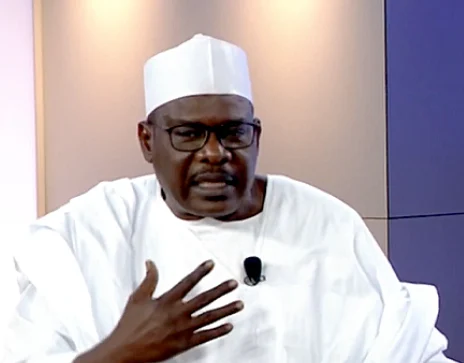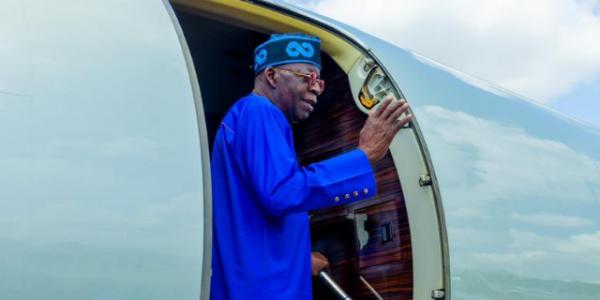
The National Assembly has begun the process to amend the Extradition Act, 2004 with a view to expand its enforcement scope beyond Commonwealth Countries and related matters.
President Muhammadu Buhari sent the amendment to the joint National Assembly for approval to commence sections 2, 7, 15 and 20 of the Act, on Wednesday.
According to the President, Section 2 of the principal act, should delete the words “to Commonwealth countries,” and substitute the sub-section (1) with a new sub-section (1), which provides that: “subject to the provisions of this section, this act shall apply to every separate country within the Commonwealth and any other country with whom Nigeria establishes an extradition treaty or arrangement.”
Buhari also seeks amendment to Section 7 of the principal act by inserting a new subsection (4), which provides that: “The procedure for the issuance of a warrant of arrest shall be set out in the schedule to this act.”
It stated; “Where Nigeria refuses to surrender a fugitive criminal to a requesting state on a ground other than the ground of dual criminality, Nigeria shall upon a request by the requesting state, commence prosecution of the fugitive under a special arrangement between Nigeria and the requesting state.”
In the same vein, the executive bill seeks amendment of Section 20(2) of the principal act by substituting the existing subsection (2), with a new subsection (2) which provides that: “For the purposes of this Act – ‘returnable offence’ means an offence however described, which is punishable by imprisonment for a term of two years or more in Nigeria and a Commonwealth country or country having an extradition treaty with Nigeria seeking the surrender of the fugitive.”
The clause 1 provides that: “Upon receipt of information that a fugitive is in Nigeria, suspected to be in or on his way into Nigeria, a judge may issue a provisional arrest warrant under section 6 of the act, to bring the fugitive before the court.”
Clause 2 further provides that, “Before issuing a provisional warrant of arrest upon information, a judge shall consider whether – (a) the alleged offence is an extraditable offence; and (b) there is sufficient evidence or information to justify the issuance of a provisional warrant of arrest.”
In addition, clause 3 provides that, “The provisional warrant of arrest shall direct that the fugitive be brought before the issuing judge within 48 hours of effecting the arrest or such longer period as the court may deem reasonable.”
The bill was proposed by the President in the middle of controversies surrounding the trial of Nigerians like Abba Kyari; the leader of the proscribed indigenous group (IPOB), Nnamdi Kanu and popular internet fraudster, Abbas Raymond aka Hushpupi.






















